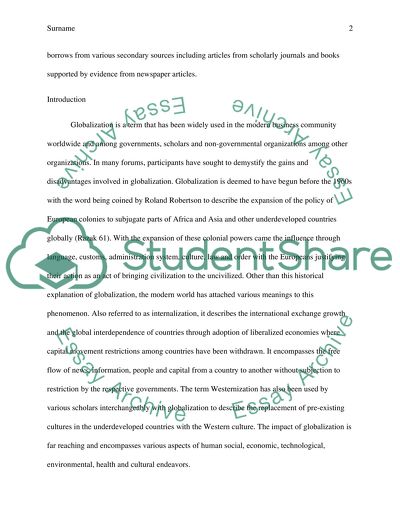Cite this document
(“Cultural impact of globalization Research Paper”, n.d.)
Retrieved from https://studentshare.org/english/1401952-cultural-impact-of-globalization
Retrieved from https://studentshare.org/english/1401952-cultural-impact-of-globalization
(Cultural Impact of Globalization Research Paper)
https://studentshare.org/english/1401952-cultural-impact-of-globalization.
https://studentshare.org/english/1401952-cultural-impact-of-globalization.
“Cultural Impact of Globalization Research Paper”, n.d. https://studentshare.org/english/1401952-cultural-impact-of-globalization.


